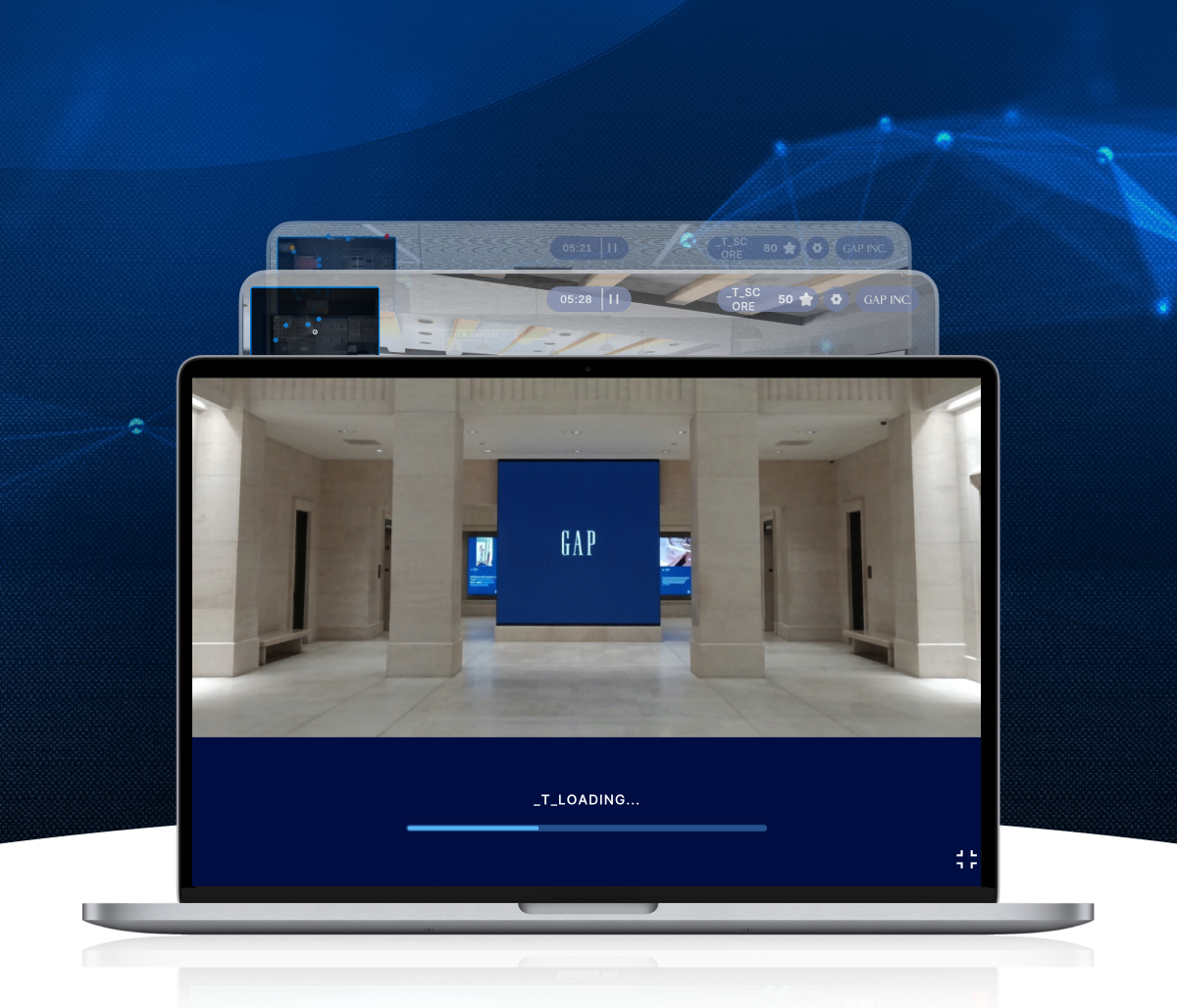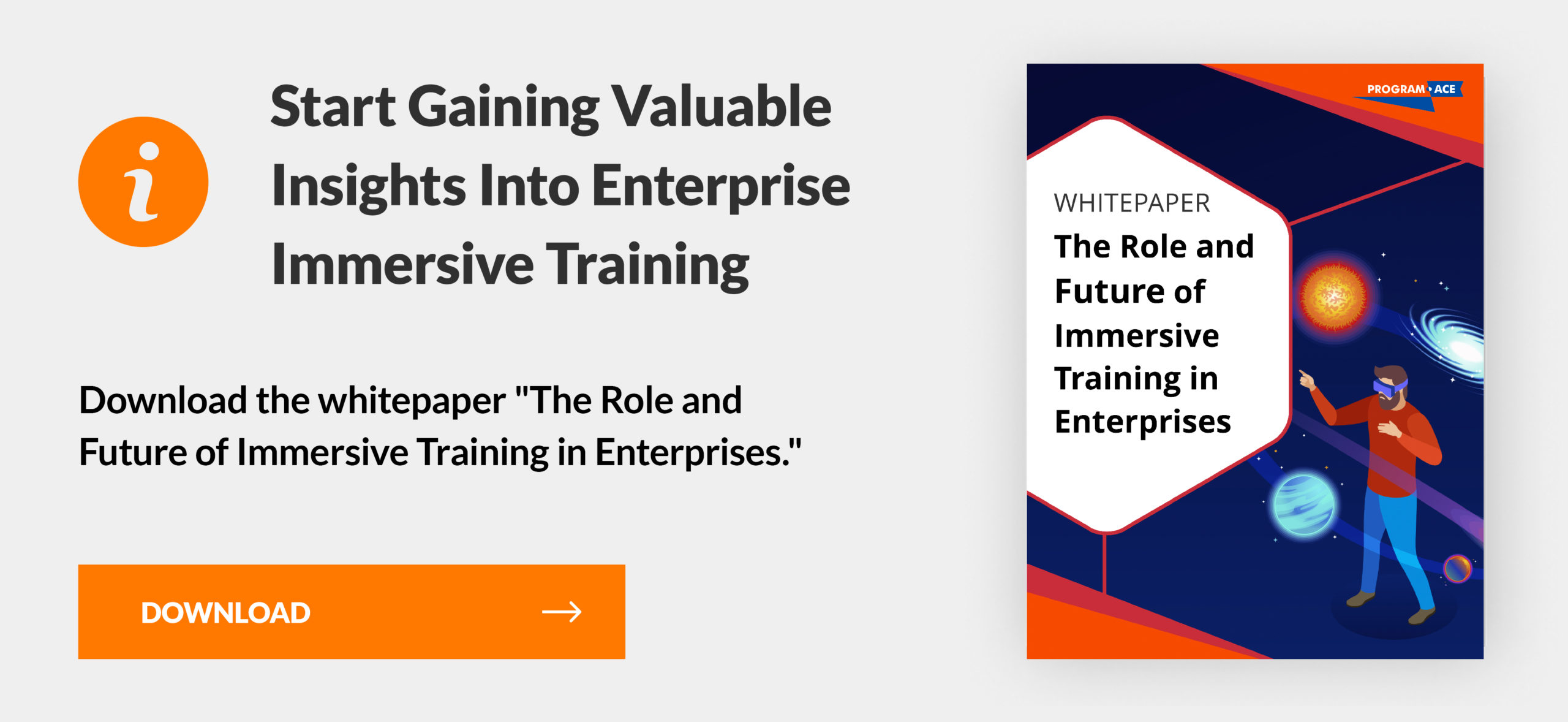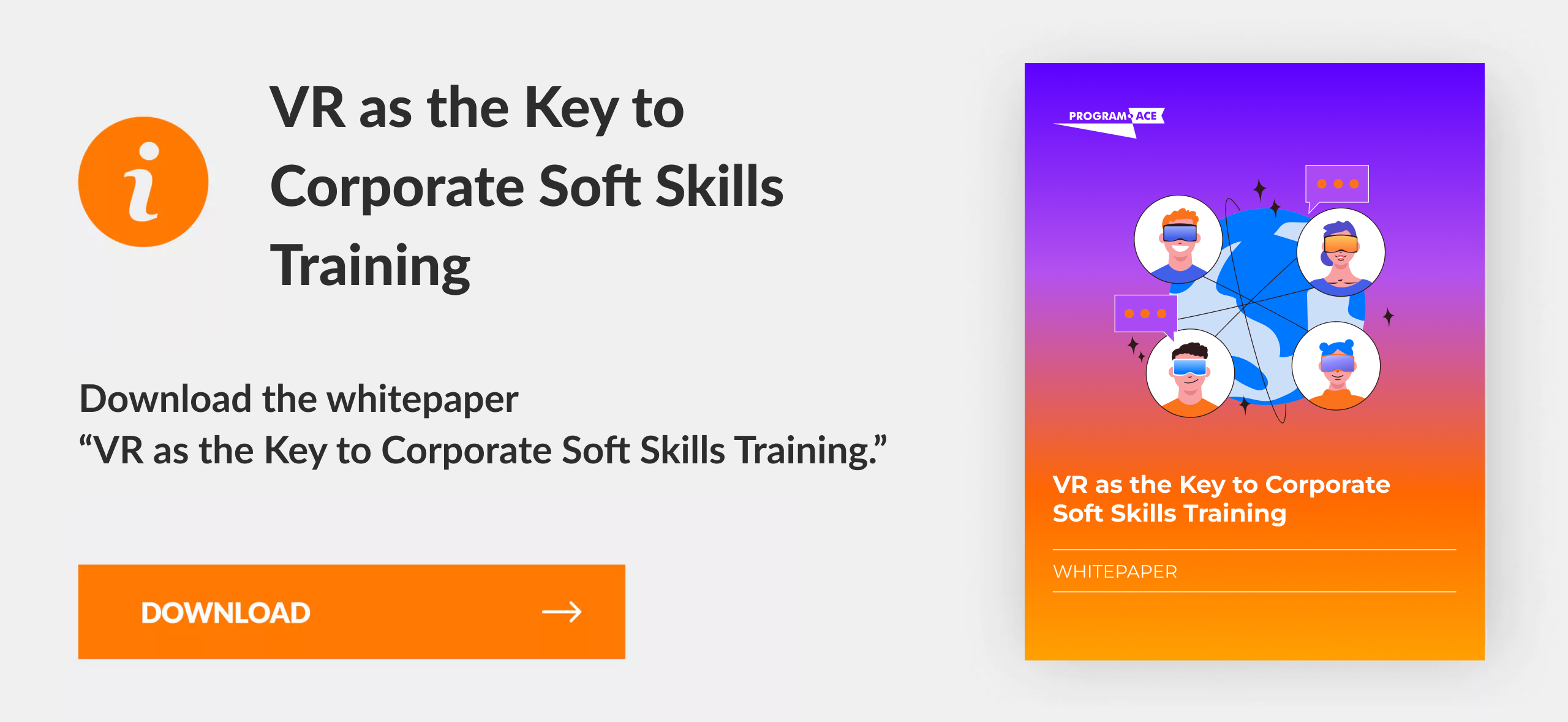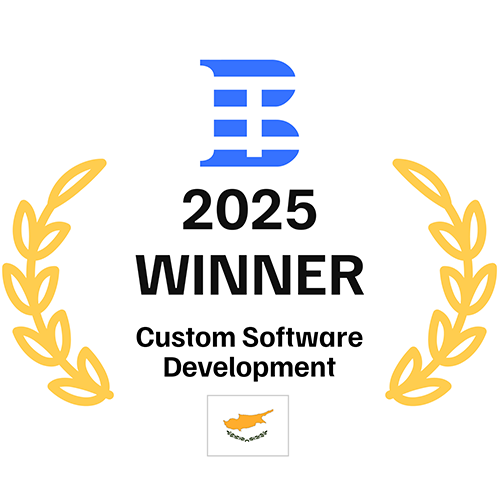Improving employee performance requires more than technical expertise; effective communication, leadership, and teamwork play a decisive role. Soft skills training equips teams with essential interpersonal and problem-solving abilities, directly impacting productivity and collaboration. Organizations that prioritize these skills see noticeable gains in employee engagement, adaptability, and conflict resolution.
Modern workplaces demand agility in handling daily challenges. Online soft skills training offers flexible, scalable programs that accommodate varied schedules, ensuring employees develop critical skills without disrupting operations. This approach suits teams across industries, from customer service to executive management, empowering individuals to navigate complex situations confidently.
Companies adopting targeted training programs witness tangible results: improved problem-solving, increased accountability, and strengthened team dynamics. A well-rounded, capable workforce enhances overall performance and contributes to long-term organizational success. According to a PwC study, v-learners not only completed training four times faster than in traditional classroom settings but also experienced an emotional connection to the content that was 3.75 times stronger than classroom learners and 2.3 times stronger than e-learners.
Why Soft Skills Matter in a Competitive Environment
Soft skills give your team a significant edge in today’s competitive market. Strong communication, adaptability, and leadership directly influence productivity and employee morale. Unlike technical skills, soft skills remain universally applicable across industries and roles, ensuring your team can meet evolving business demands.
Virtual reality training companies respond to this need by offering flexible, immersive programs that make learning more engaging. Employees develop practical skills through simulated, real-life situations that traditional training often needs to improve. Businesses investing in these programs gain a workforce that communicates effectively, resolves conflicts efficiently, and adapts to new challenges seamlessly.
The Shift Toward Soft Skills in a Digital-First Era
Virtual training solutions equip teams with critical skills to thrive in modern workplaces. Remote and hybrid work models demand stronger communication, collaboration, and emotional intelligence as face-to-face interactions become less frequent. Developing these capabilities ensures employees remain engaged, productive, and connected despite digital barriers.
Traditional training methods struggle to deliver personalized and scalable learning experiences. Virtual training solutions address this gap by offering accessible, on-demand modules that fit into employees’ workflows without disrupting productivity. Businesses can focus on building specific competencies for customer interactions, team leadership, and decision-making.
Gap Inc. Immersive Active Shooter Training

Program-Ace designed a virtual simulation training for Gap Inc. to help staff prepare for active threat incidents across its retail, corporate, and distribution facilities. The experience replicates store dynamics while enhancing team coordination.
Digital-first environments also prioritize quick problem-solving and adaptability to ensure competitive agility. Effective virtual soft skills programs close performance gaps and encourage continuous improvement. Teams equipped with these essential capabilities deliver better results, enhancing overall organizational efficiency and workforce satisfaction.
Key Competencies Shaping Modern Professional Success
A well-rounded workforce depends on mastering soft skills, particularly through VR soft skills training programs. Similar solutions target vital competencies that align with professional growth and improved business outcomes.
The essential soft skills that tend to shape team success include:
- Communication skills. Clear messaging ensures stronger collaboration and fewer misunderstandings.
- Leadership capabilities. Motivating teams and managing priorities keeps workflows organized.
- Problem-solving ability. Quick, effective solutions drive productivity and reduce delays.
- Adaptability. Employees excel in evolving conditions by adjusting their approaches as needed.
- Emotional intelligence. Understanding team dynamics fosters healthier work environments.
VR soft skills training enhances these capabilities by providing practical, risk-free environments for practice. Simulated real-world challenges allow employees to develop confidence while improving their response to dynamic situations. As these competencies grow, you benefit from stronger decision-making, improved teamwork, and higher overall efficiency.
Exploring Soft Skills Training Courses — What to Look For
Choosing the right soft skills training courses requires focusing on practical value and measurable outcomes. Courses should address real workplace challenges, ensuring employees gain actionable skills. Programs offering flexible, interactive formats like online modules or simulations keep learning engaging and accessible for all team members.
Clear objectives, relevant content, and real-world applications define successful training. Look for providers who offer tailored programs that align with your organizational goals. Tracking progress and assessing improvements guarantee long-term employee and business performance benefits.
Tailoring Soft Skills Training to Address Real Challenges
Training programs must address specific workplace issues to deliver tangible results. Each team faces unique challenges, whether improving client communication, resolving internal conflicts, or enhancing leadership capabilities. A tailored soft skills training program pinpoints these needs and focuses on solving them effectively.
Custom programs integrate real-world scenarios to ensure employees gain practical experience. Exercises that simulate day-to-day challenges allow individuals to develop skills like decision-making, negotiation, and adaptability in a controlled setting. Employees gain confidence to handle similar situations in the workplace, improving team dynamics and outcomes.
Flexible delivery methods, such as virtual sessions or blended learning, ensure employees can train without disrupting work schedules. Adapting content to align with current goals and industry trends keeps the training relevant. Businesses benefit from a more capable workforce equipped to solve challenges efficiently and maintain productivity.
Top Qualities of Effective Soft Skills Online Training Programs
Successful online soft skills programs focus on engagement, relevance, and practical application. Important qualities to look for include:
- Interactive content. Engaging in activities like simulations, role-playing, and real-world scenarios ensures active participation.
- Personalized learning paths. Adaptive modules address individual needs, helping employees focus on areas for improvement.
- Measurable outcomes. Progress tracking and assessments ensure the program delivers concrete results.
- Scalable delivery. Online formats accommodate teams of any size without limiting access to quality training.
- Flexible scheduling. Programs that fit into employees’ routines minimize disruption and encourage consistent participation.
Effective online programs combine these elements to enhance learning outcomes. Employees develop practical skills that directly impact performance, collaboration, and leadership. Investing in thoughtfully designed training creates a stronger, more adaptable workforce prepared to excel in evolving business environments.
Benefits of Soft Skills Training Online for Corporate Teams

Online soft skills training provides corporate teams with flexible, effective learning solutions. Employees access programs tailored to their schedules, ensuring minimal disruption to workflows. Scalable delivery accommodates teams of any size, offering consistent quality across departments.
Interactive formats, including simulations and real-life scenarios, make learning engaging and practical. Teams quickly develop communication, leadership, and problem-solving skills that improve collaboration and productivity. Online training ensures measurable results, enabling you to seamlessly track progress and performance improvements.
Remote Immersive Environments
Remote immersive environments bring soft skills training to life through interactive experiences. Virtual platforms simulate real-world situations, allowing employees to practice skills like conflict resolution, negotiation, and decision-making in a controlled space. These practical exercises improve confidence and prepare teams to manage complex challenges effectively.
Employees benefit from a safe, judgment-free environment where they can make mistakes and learn from them without real-world consequences. Training scenarios mirror workplace situations, ensuring skills transfer seamlessly into daily tasks. Teams working in remote or hybrid settings gain opportunities to collaborate, practice teamwork, and strengthen relationships despite geographical separation.
Immersive programs engage employees more effectively than passive learning, encouraging active participation and consistent progress. Whether addressing leadership development or communication gaps, remote environments deliver results by providing hands-on experiences that translate directly into improved performance and teamwork.
Unique Learning Paths for Teams
Tailored learning paths meet teams' unique needs, ensuring soft skills training aligns with specific goals and challenges. Programs customized to address roles, skill levels, or business objectives allow employees to focus on the most relevant areas for improvement.
Individualized modules provide targeted exercises for leadership development, client communication, or conflict resolution, creating a structured yet adaptable approach. Employees progress at their own pace, reinforcing understanding without unnecessary pressure. Personalized learning paths maximize engagement by addressing the unique gaps within a team’s dynamics.
For corporate teams, this flexibility ensures meaningful, measurable outcomes. Leaders gain insights into employee strengths and growth areas while tracking improvements over time. Well-structured learning paths support individual development and strengthen collective team performance. Organizations benefit from focused, high-impact training that translates into improved collaboration and productivity.
Immediate Practical Application of New Skills
The practical application ensures soft skills training delivers measurable value quickly. Employees practice new skills during training, bridging the gap between learning and real-world implementation. Real-life scenarios encourage teams to apply their knowledge immediately, reinforcing retention and improving workplace performance.
Programs incorporating simulations, role-playing, and problem-solving exercises create opportunities for active learning. Employees tackle challenges similar to those encountered in daily tasks, preparing them to handle complex situations confidently. As a result, communication, leadership, and decision-making improvements become evident almost immediately.
For corporate teams, practical application eliminates delays in skill adoption. Employees gain tools to resolve conflicts, manage priorities, and collaborate effectively right after training sessions. Businesses experience faster performance improvements and tangible benefits as employees integrate new skills into workflows, leading to more substantial results across departments.
Choose your online soft skills training solution that best fits your team.
Choosing the Right Soft Skills Training Online Courses
Selecting the most effective soft skills training online courses involves evaluating their relevance, quality, and impact. Programs must deliver actionable learning that improves communication, leadership, and team collaboration.
Prioritizing credible programs with measurable outcomes ensures employees gain practical abilities that translate into workplace success. Focusing on aligning content with your specific goals guarantees a stronger return on investment.
Assessing Program Credibility and Content Quality
Evaluating the credibility and quality of a soft skills training program requires a thorough look at the provider’s expertise and content design. Trusted programs feature content developed by experienced professionals with proven results in delivering soft skills solutions. Course materials must include relevant, up-to-date examples and align with real-world workplace challenges to remain effective.
Interactive features like role-playing exercises, immersive simulations, and assessments indicate high-quality content. VR app development solutions often set a higher standard by offering realistic scenarios that improve engagement and retention. Employees gain hands-on experience to practice negotiation, conflict resolution, and leadership skills.
Program reviews, testimonials, and case studies help verify credibility and user satisfaction. Reliable providers emphasize measurable results, offering tracking tools to monitor employee progress and learning outcomes. A well-structured, engaging program ensures employees acquire meaningful skills that drive organizational performance improvements.
Aligning Course Objectives with Organizational Goals
Ensuring course objectives align with organizational goals maximizes the impact of soft skills training. Programs should target key challenges within your business, such as improving client interactions, team communication, or leadership capabilities. Precise alignment guarantees employees develop skills that directly support broader performance and growth initiatives.
Collaborating with providers to identify your priorities creates customized training solutions. Programs focused on specific objectives — such as building stronger teams or enhancing decision-making — deliver practical results tailored to your business needs.
Regular performance assessments ensure objectives are met effectively. Monitoring employee progress helps refine strategies and measure tangible communication, problem-solving, and adaptability improvements. Aligning training goals with your organizational vision fosters a more capable workforce, enabling stronger collaboration, productivity, and long-term success.
Balancing Cost, Engagement, and Results
Balancing cost, engagement, and results ensures your investment in soft skills training delivers measurable value. While cost matters, programs must engage employees effectively to drive performance improvements.
High-quality training programs focus on practical applications, integrating real-world challenges and interactive exercises to ensure meaningful results. Features like on-demand learning and personalized content increase accessibility while accommodating employee schedules. Scalable options provide flexibility to train larger teams without excessive costs.
Tracking tools help measure the impact of training on employee performance. Clear assessments allow you to identify skill improvements, ensuring the program achieves its intended goals. By balancing affordability with engagement and effectiveness, businesses gain stronger communication, leadership, and teamwork capabilities across their teams — resulting in improved productivity and a better return on investment.
Core Soft Skills Training Courses to Prioritize
Focusing on essential soft skills ensures teams excel in communication, leadership, and collaboration. Prioritizing practical courses equips employees to meet challenges, improve teamwork, and drive measurable results.
Communication and Active Listening Mastery
Improving communication skills builds stronger relationships and increases team efficiency. Employees learn to express ideas clearly, listen actively, and reduce conversation misunderstandings. Training programs include practical exercises like role-playing, interactive simulations, and real-world scenarios.
Some components include:
- Active listening techniques. Helps employees focus on understanding others before responding.
- Clarity in messaging. Ensures ideas are communicated without confusion.
- Non-verbal communication skills. Enhances effectiveness through body language, tone, and visual cues.
- Constructive feedback delivery. Encourages professional growth through respectful, actionable feedback.
Teams practicing these skills experience fewer communication gaps, smoother collaboration, and stronger relationships. Employees equipped with communication mastery contribute to healthier work environments and improved overall performance.
Leadership Development and Decision-Making
Effective leadership drives productivity, inspires teams, and ensures business objectives are met. Training programs focus on decision-making, team guidance, and problem-solving to create capable leaders at every level.
Core elements are:
- Leadership styles. Identifies approaches to motivate and guide diverse teams.
- Decision-making frameworks. Develops strategies for assessing options and choosing the best course of action.
- Team motivation techniques. Enhances morale and encourages accountability.
- Conflict management skills. Equips leaders to address disputes effectively and maintain team cohesion.
Employees trained in leadership and decision-making become proactive problem-solvers who inspire confidence and trust. Strengthened leadership capabilities to improve team performance and ensure smoother workflows across departments.
Conflict Resolution and Collaboration Techniques
Addressing conflicts effectively ensures teams maintain productivity and healthy dynamics. Training in conflict resolution teaches employees how to manage disagreements professionally and work toward positive outcomes.
Key skills encompass:
- Identifying root causes. Encourages addressing the underlying issues behind conflicts.
- Constructive communication strategies. Promotes clear, respectful dialogue to find solutions.
- Mediation techniques. Guides individuals toward mutual understanding and compromise.
- Collaboration frameworks. Enhances teamwork through structured, goal-focused approaches.
Programs emphasizing these techniques help employees navigate challenges while improving team trust and cohesion. As conflicts are resolved efficiently, teams collaborate better, achieve shared goals, and drive more potent results.
Time Management and Productivity Optimization
Managing time allows employees to prioritize tasks, reduce stress, and meet deadlines. Training programs provide strategies for organizing workloads, improving focus, and eliminating productivity barriers.
Core areas include:
- Task prioritization methods. Helps identify high-value activities that deliver the greatest impact.
- Goal-setting techniques. Guides employees to establish achievable objectives and stay on track.
- Eliminating time-wasters. Reduces distractions and non-essential tasks.
- Workload organization tools. Supports structured approaches to handle complex responsibilities.
By mastering time management, teams achieve greater efficiency and deliver consistent results. Employees experience reduced stress and enhanced productivity, contributing to smoother operations and improved overall performance.
Harassment Prevention and Workplace Respect
Promoting a respectful work environment safeguards employee well-being and strengthens organizational culture. Harassment prevention training educates teams on recognizing inappropriate behavior, setting boundaries, and fostering mutual respect.
The focus areas include:
- Recognizing workplace harassment. Provides clear examples of verbal, non-verbal, and physical misconduct.
- Reporting mechanisms. Establishes safe, accessible ways to report issues without fear of retaliation.
- Building respectful interactions. Encourages fostering inclusive, professional, and courteous communication.
- Boundaries and accountability. Reinforces personal and professional limits while addressing harmful behavior.
Employees trained in harassment prevention contribute to safer, more inclusive workplaces. Clear expectations for respect reduce incidents, strengthen trust, and create healthier team dynamics.
Equality and Diversity Training
Ensuring equality and embracing diversity promotes a collaborative, inclusive workplace where every employee feels valued. Training programs address unconscious bias, cultural awareness, and equitable practices to drive team cohesion and creativity.
Some of the components may involve:
- Understanding unconscious bias. Highlights how biases influence decisions and strategies to mitigate them.
- Cultural competence. Develops awareness and respect for different backgrounds, beliefs, and perspectives.
- Inclusive communication techniques. Encourages dialogue that respects diversity and avoids exclusionary language.
- Fair workplace practices. Promotes equitable opportunities in hiring, promotions, and daily workflows.
Employees equipped with equality and diversity training foster more inclusive work environments. By valuing diverse perspectives and equitable practices, teams experience improved collaboration, creative problem-solving, and higher employee engagement.
Soft Skills Training Online: Learning Formats That Work Best
Effective soft skills training programs use adaptable formats to suit different learning needs and goals. Combining various types of simulation training with flexible delivery methods enhances engagement and practical results.
Common formats include:
- Self-paced modules. On-demand content allows employees to learn at their preferred time and pace.
- Instructor-led sessions. Real-time coaching promotes accountability and deeper understanding.
- Immersive simulations. Practical scenarios ensure active learning and measurable skill development.
Self-Paced Modules vs. Instructor-Led Sessions
The choice between self-paced modules and instructor-led sessions depends on your team’s flexibility, training goals, and preferred learning style. Combining both ensures a balanced approach.
| Learning Format | Key Benefits |
| Self-paced modules | Employees control their progress, fitting learning into flexible schedules. Pre-recorded lessons, interactive quizzes, and exercises allow independent growth without disrupting workflows. |
| Instructor-led sessions | Teams receive real-time feedback, benefiting from guided, structured coaching. Group activities foster collaboration, engagement, and deeper discussions on practical challenges. |
Interactive Simulations and Real-World Scenarios
Training with interactive simulations offers immersive, hands-on experiences, unlike passive methods. Employees practice soft skills by solving realistic challenges in dynamic, risk-free settings.
What makes simulations valuable:
- Practical workplace scenarios. Employees handle situations that reflect real-life interactions, boosting confidence for actual tasks.
- Decision-making practice. Teams explore responses to challenges, refining their approach to problem-solving and leadership.
- Mistake-friendly learning. Employees experiment without fear of consequences, turning errors into growth opportunities.
- Instant skill reinforcement. Immediate feedback ensures learners identify strengths and address improvement areas quickly.
Many types of simulation training, including VR-enhanced programs or structured role-playing, foster deeper learning through active participation. These tools engage employees effectively while delivering measurable communication, leadership, and teamwork improvements.
Measuring the ROI of Online Soft Skills Training
Evaluating the return on investment for online soft skills training requires tracking performance improvements, engagement, and employee retention. Clear metrics allow you to assess how training impacts team productivity, communication, and leadership. Focusing on measurable outcomes ensures your investment delivers tangible, long-term results for the business. Programs aligned with specific goals generate the most value, creating a workforce prepared to perform at its best.
Identifying Performance Improvements Post-Training
Measuring performance improvements starts with setting clear, pre-training benchmarks. Identifying gaps in communication, leadership, or collaboration helps assess progress after training. Employees applying newly acquired skills deliver noticeable enhancements in teamwork, conflict resolution, and decision-making. Productivity gains become evident when projects run more smoothly, tasks are completed efficiently, and workflows face fewer disruptions.
Manager and peer feedback further highlight changes in behavior, such as improved clarity in communication or stronger leadership presence during team interactions. Monitoring KPIs like project timelines, error rates, and collaboration efficiency also provides concrete data to measure impact. Performance assessments and post-training evaluations ensure a clear understanding of individual growth, while team-based progress contributes to broader business improvements.
Calculating Engagement and Productivity Increases
Online soft skills training directly influences employee engagement and productivity, providing measurable results. Training programs emphasizing practical application often lead to more focused and motivated teams. Employees engage more actively when they feel equipped to handle daily challenges, fostering a sense of confidence and ownership in their roles.
Tracking engagement through participation rates, course completion, and feedback surveys identifies how well the program resonates with employees. Productivity improvements emerge when teams apply training outcomes to streamline processes, reduce errors, and collaborate more effectively. Comparing pre- and post-training outputs, such as task completion times or meeting efficiency, offers clear indicators of improvement.
The combined effect of enhanced engagement and productivity creates a more cohesive, high-performing team. Results are reflected in operational metrics and employees’ proactive contributions to achieving business goals.
Long-Term Impact on Employee Satisfaction and Retention
Soft skills training contributes significantly to long-term employee satisfaction and retention. Teams equipped with communication, problem-solving, and leadership capabilities experience fewer frustrations in their daily work. A supportive, skill-focused environment fosters personal growth, keeping employees engaged and motivated to contribute over the long term.
Retention improves when individuals feel valued through professional development opportunities. Employees are more likely to stay with a company that invests in their growth and equips them to handle evolving workplace challenges. Satisfaction surveys and retention rates serve as reliable indicators of long-term training impact, highlighting improvements in morale and job fulfillment.
Over time, a skilled and satisfied workforce reduces turnover-related costs while boosting overall stability. Employees who remain with the organization longer bring more profound expertise, stronger team relationships, and consistent performance, ensuring sustainable success for the business.
Future of Soft Skills Training Online — Emerging Trends
The future of online soft skills training focuses on innovation and accessibility, making learning more engaging and effective. Technologies like AI, gamification, VR, and AR are transforming how employees develop communication, leadership, and problem-solving skills. Microlearning methods address time constraints, allowing professionals to acquire critical skills without disrupting productivity.

A recent study highlights the significant impact of VR training on learner performance. According to PwC, confidence improved by 40% among v-learners compared to classroom learners and by 35% over e-learners in their ability to apply training knowledge after VR sessions.
AI and Gamification in Soft Skills Development
Incorporating AI and gamification enhances the effectiveness of soft skills training by creating engaging, adaptive experiences. AI-powered platforms analyze learner progress and tailor content to individual needs, ensuring employees focus on areas requiring improvement. Such personalization accelerates skill development and keeps learners motivated throughout the process.
Gamification introduces elements like challenges, rewards, and simulations to make training interactive. Employees practice real-world scenarios in engaging formats, increasing retention and improving problem-solving abilities. Games designed to develop skills such as negotiation, conflict resolution, and leadership encourage active participation while providing measurable outcomes.
In the long run, combining AI-driven insights with gamified content proves to be crucial in keeping training fresh, practical, and entertaining. Businesses see improved team performance, and employees gain from results-driven initiatives encouraging ongoing development.
Microlearning and Short-Form Content for Busy Professionals
Microlearning delivers focused, bite-sized content that suits the schedules of busy professionals. Short training sessions, typically lasting 5-10 minutes, allow employees to develop soft skills without disrupting their workflow. Such a format prioritizes specific learning goals, ensuring employees gain actionable knowledge quickly and efficiently.
The modular nature of microlearning promotes consistent engagement. Employees can access on-demand content using short videos, interactive exercises, or quick assessments reinforcing key concepts. This flexibility ensures learning happens during breaks, between meetings, or whenever time allows.
Short-form content proves highly effective for skills like communication, time management, and decision-making, where frequent reinforcement drives retention. Teams experience gradual yet steady growth as employees immediately apply newly acquired skills in real-life situations. Microlearning aligns training outcomes with busy schedules, helping businesses achieve measurable improvements without sacrificing productivity.
Integrating VR and AR for Immersive Experiences
Virtual reality (VR) and augmented reality (AR) redefine soft skills training by delivering highly immersive, hands-on experiences. These technologies place employees in realistic, simulated environments where they can practice communication, conflict resolution, and leadership skills without real-world consequences.
VR creates lifelike scenarios, allowing employees to handle challenges like team disputes, client negotiations, or public speaking in a controlled setting. AR enhances on-the-job training by overlaying digital content onto real-world environments, offering guidance and instant feedback. Both methods provide active, experiential learning that traditional approaches lack.
The immersive nature of VR and AR increases engagement and accelerates skill development. Employees experience practical challenges that build confidence and improve performance when facing similar situations in their roles. Businesses adopting these tools gain a highly skilled workforce capable of tackling complex tasks with improved communication, adaptability, and decision-making.
Online Soft Skills Training Solutions with Program-Ace
Program-Ace delivers innovative solutions integrator services to empower teams through effective online soft skills training. Our tailored programs address key areas like communication, leadership, conflict resolution, and problem-solving, ensuring measurable performance improvements.
We combine cutting-edge technologies, including virtual reality, augmented reality, and interactive simulations, to provide immersive, hands-on experiences. Flexible delivery methods accommodate busy schedules, enabling employees to develop critical skills without disrupting workflows. With personalized content aligned with your organizational goals, every training session focuses on practical application and tangible results.
As your trusted partner, we help build a workforce equipped to thrive in evolving business environments. Invest in the growth of your teams, enhance collaboration, and ensure sustained success. Contact us to explore training solutions tailored specifically to your needs.



























